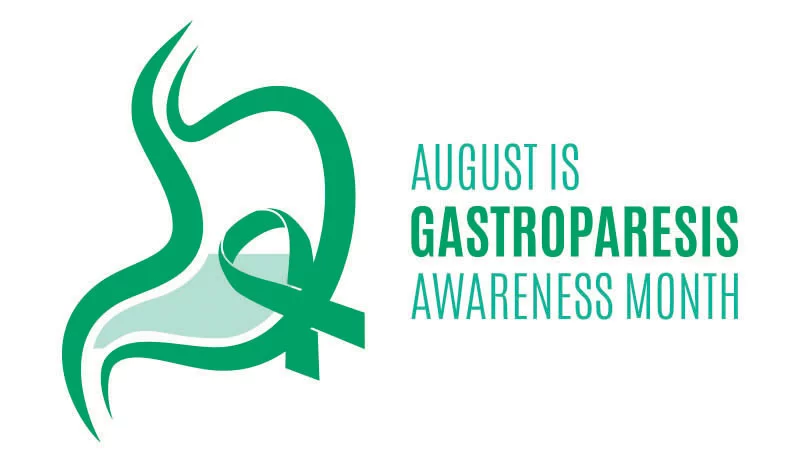
Gastroparesis is a disorder that slows down the digestive process. The stomach takes an abnormally long time to empty into the small intestine, even though there is no blockage present. About 10 men and 40 women out of every 100,000 develop gastroparesis. However, over one-quarter of American adults have symptoms that are comparable to those of gastroparesis, also known as stomach paralysis.
Some cases of Gastroparesis are coming to light with the increased use of semaglutide drugs like Ozempic. As the medications become more popular, doctors report more instances like this. The US Food and Drug Administration has received complaints of stomach paralysis in drug users that occasionally persists. Extreme and persistent instances like this are unusual and may result from the medication revealing or exacerbating a “slow stomach.” Doctors claim delayed gastric emptying may go undiagnosed.
What are the symptoms of gastroparesis?
These symptoms can include feeling full quickly after eating, having persistent nausea or vomiting, experiencing bloating or abdominal discomfort, and having erratic blood sugar levels (especially if you have diabetes).
What causes gastroparesis?
Gastroparesis can have various causes, and some cases may have no identifiable cause. Some causes include:
- Diabetes: High blood sugar levels can damage the nerves that control stomach muscle contractions, leading to delayed gastric emptying.
- Post-surgical complications: Nerve damage following surgery might affect stomach function.
- Neurological disorders (like Parkinson’s disease)
- Medications: opioids, certain antidepressants, and calcium channel blockers can damage stomach muscles and contribute to delayed gastric emptying.
- Autoimmune diseases (like Lupus or scleroderma)
- Viral infections, (like herpes simplex or Epstein-Barr virus)
- Hypothyroidism: Underactive thyroids hinder metabolism and stomach emptying.
All these reasons are related to a nerve injury that causes gastroparesis, a condition characterized by the inability to control the stomach’s muscle contractions.
How is it diagnosed?
A doctor usually identifies gastroparesis by looking at the patient’s medical history, doing a physical check, and giving specific diagnostic tests. They may order tests like an upper endoscopy, imaging studies, or breath tests. These tests help the gastroenterologist determine that the patient has gastroparesis and figure out how bad the problem is.
What is the treatment?
The goal of fixing gastroparesis is to relieve the symptoms and help the stomach empty better. Most of the time, it has a mix of the following:
- Eating more short, low-fat, fiber-rich meals helps improve digestion. Chewing and drinking plenty of water with meals may also help.
- Doctors might prescribe medication to constrict your stomach and improve your eating. These include medications that prevent nausea and vomiting.
- Gastric electrical stimulation uses a device in the stomach to manage stomach spasms.
- In severe situations, a feeding tube may provide liquid nutrition directly to the small intestine.
Gastroparesis is a chronic condition that may need long-term treatment. Working with your doctor, following the treatment plan, and changing your lifestyle may improve your quality of life with gastroparesis.
—
Reference: Definition & Facts for Gastroparesis – NIDDK. (2018, January 1). National Institute of Diabetes and Digestive and Kidney Diseases. https://www.niddk.nih.gov/health-information/digestive-diseases/gastroparesis/definition-facts


